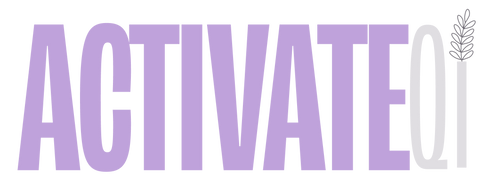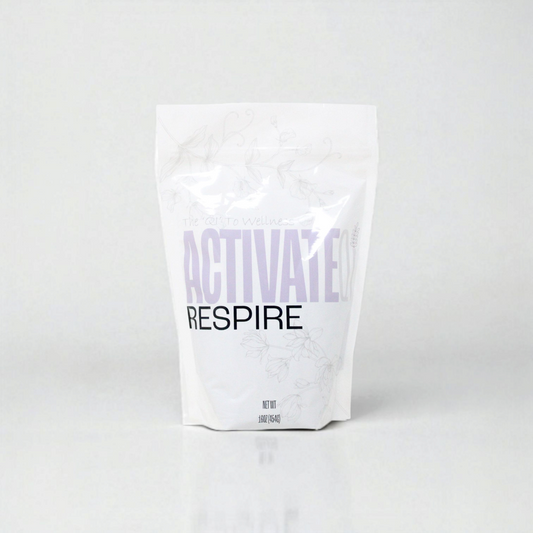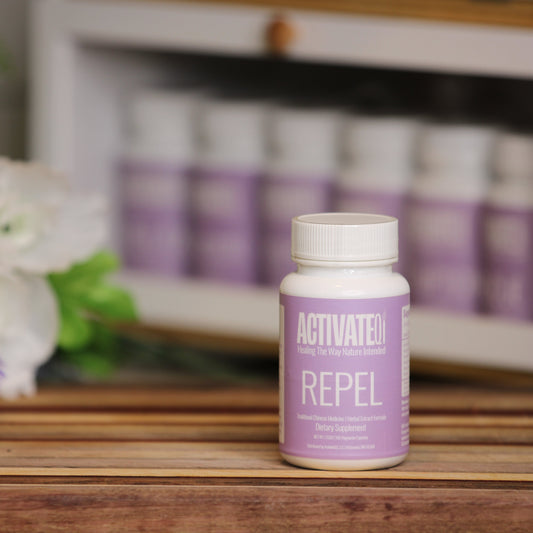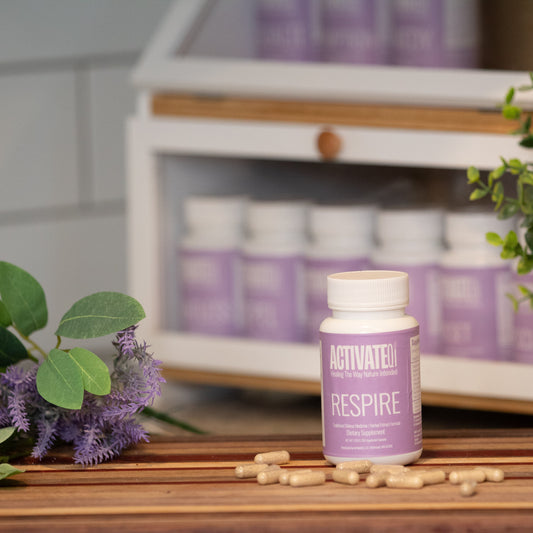Understanding Detoxification Reactions in Horses: What to Expect and How to Manage Them
Detoxification and cleansing can be transformative processes for your horse's health, helping to eliminate harmful toxins, bacteria, or parasites. However, it’s essential to understand that, during this process, a phenomenon called a "Herxheimer reaction" or "die-off" reactions may occur. Recognizing the symptoms and knowing how to respond can ensure a smoother detox experience for your horse.
What Are Herxheimer Reactions?
Herxheimer reactions occur when your horse’s body experiences a rapid die-off of bacteria, parasites, or other pathogens during detoxification. When these harmful agents die, they release neurotoxins and other byproducts, which the body must process and eliminate. This release can temporarily overwhelm the horse's natural detoxification pathways, leading to symptoms that can look like illness or discomfort. Common signs of a Herxheimer reaction include:
- Fatigue or lethargy
- Increased respiratory or gastrointestinal issues like coughing or loose stools
- Swelling or inflammation
- Skin problems such as itching, rashes, or sores
Why Do These Reactions Happen?
The die-off reaction is essentially your horse’s body working overtime to remove a high volume of toxins. After the neurotoxins are released, they enter tissue cells before being processed by the lymphatic system, which plays a critical role in filtering waste. The lymphatic system then channels these toxins to the body’s other drainage organs, including the liver and kidneys, which help to break down and excrete them.
If any detoxification pathways are sluggish or blocked, the excess toxins can’t be fully processed and may accumulate in the tissues or skin, causing temporary flare-ups. Toxins leaving through the skin may present as rashes or sores—this is a natural, albeit uncomfortable, method of toxin release and a common indicator that the body is eliminating waste effectively.
The Importance of Cellular Energy in Detoxification
Your horse’s cellular energy levels, or the energy available within cells to perform essential functions, also influence the severity of Herxheimer reactions. Low cellular energy can slow detoxification pathways, making it more difficult for the body to manage the increased toxic load effectively. This is why supporting cellular health through proper nutrition and care can be essential before and during any detox program.
What To Do If Your Horse Experiences Herxheimer Symptoms
Lower the Dosage
Reducing the detoxification formula’s dosage can help slow down the die-off process. This allows the body to process and expel toxins at a more manageable rate, easing the burden on the liver, kidneys, and lymphatic system.
Monitor and Support Hydration
Adequate hydration is vital during detoxification as it assists in flushing out toxins. Make sure your horse has access to clean, fresh water at all times. Hydration supports kidney function and helps to keep the lymphatic system moving efficiently.
Provide Immune and Drainage Support
These detox formulas include ingredients for supporting immune and lymphatic function and are helpful in maintaining clear detoxification pathways. However, if reactions seem intense, consider consulting your veterinarian or an equine health specialist to ensure your horse’s immune system is coping well with the process.
Observe Rest Periods
Horses experiencing fatigue or lethargy due to detoxification may benefit from reduced physical activity. Allowing your horse ample rest supports the body’s energy conservation, helping it focus on cleansing rather than expending energy on physical exertion.
Be Patient – It’s a Sign of Healing
Herxheimer reactions may be uncomfortable, but they’re typically a sign that the body is expelling harmful agents and healing from within. With the right support, patience, and possibly some adjustments, these symptoms should diminish as your horse’s body becomes less burdened by toxins.
Final Thoughts on Supporting Your Horse Through Detox
As you navigate detoxification, remember that your horse’s reactions are individual and may vary depending on the levels of pathogens or toxins present. Detox is a powerful tool for restoring your horse’s health, and by observing any symptoms closely, adjusting care as needed, and supporting hydration, rest, and lymphatic health, you can make the process a more positive experience. Always keep in mind that detox is not an instant cure but a journey toward improved wellness.
By understanding the why, what, and how of Herxheimer reactions, you can help ensure a smoother, healthier detoxification process for your horse.




